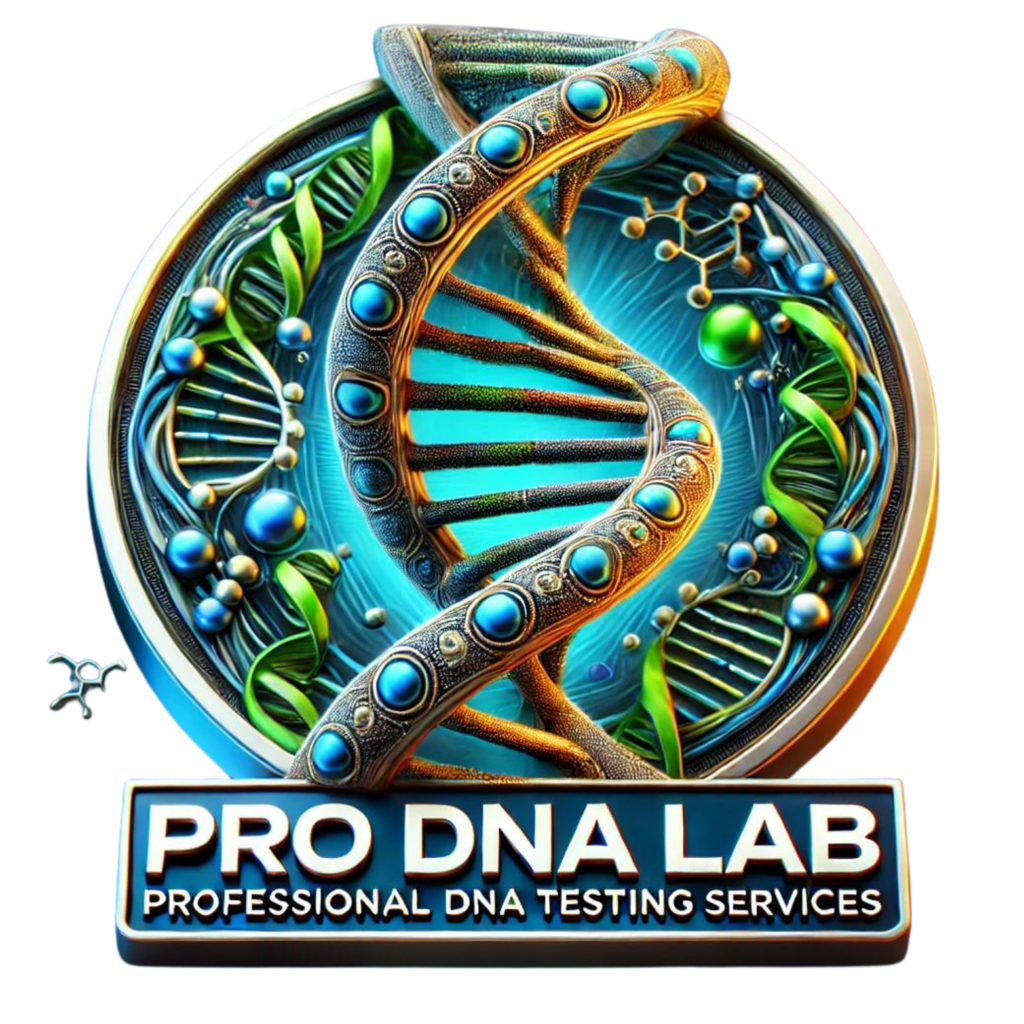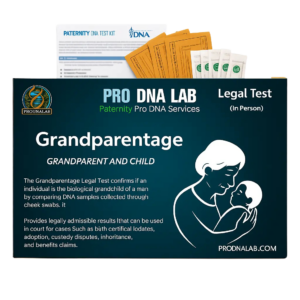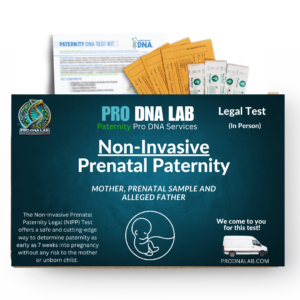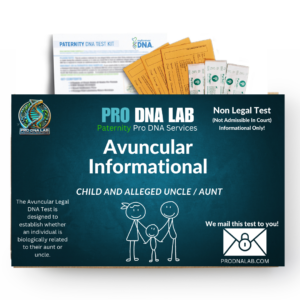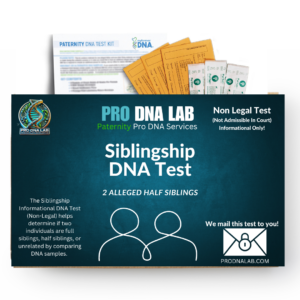Are you an expecting parent or concerned father wondering if your dog can do a paternity test? The idea may seem far-fetched, but with advancements in technology, it’s a question worth exploring.
Understanding Non-Invasive Prenatal Paternity Testing
Non-invasive prenatal paternity testing is a type of DNA test that can determine the paternity of an unborn child as early as 8 weeks into the pregnancy. This type of testing is done through a simple blood draw from the mother and a cheek swab from the potential father.
Unlike traditional prenatal paternity testing, which requires an invasive procedure such as an amniocentesis or chorionic villus sampling, non-invasive prenatal paternity testing poses no risk to the mother or the unborn child. This makes it a more attractive option for expecting parents who want to determine paternity early on in the pregnancy without any potential harm.
The Accuracy of Early DNA Testing
One of the most common concerns about non-invasive prenatal paternity testing is its accuracy. Some may question if it is possible to determine paternity so early in the pregnancy. However, studies have shown that this type of testing has a 99.9% accuracy rate, making it just as reliable as traditional paternity testing methods.
The test works by analyzing the DNA fragments from the mother and potential father’s blood to determine if they match with the DNA of the unborn child. These fragments can be detected as early as 8 weeks into the pregnancy, making it possible to determine paternity at this stage.
The Legal Aspect of Prenatal Paternity Testing
It’s important to note that while non-invasive prenatal paternity testing can provide accurate results, it may not be admissible in a court of law. This is because it is not considered a legal paternity test, which requires strict chain of custody procedures to be followed.
If you are seeking a paternity test for legal purposes, it is best to wait until after the child is born and undergo a legal paternity test, which is done through a chain of custody process and is admissible in court.
Common Misconceptions or FAQs
- Can my dog do a paternity test?
No, paternity tests can only be done with human DNA. While dogs have DNA, they do not have the same type of genetic markers that are used in human paternity tests. - Is non-invasive prenatal paternity testing safe?
Yes, this type of testing poses no risk to the mother or unborn child. It is a simple blood draw and cheek swab procedure that can be done in a doctor’s office or at a DNA testing facility. - How soon can I do a paternity test while pregnant?
Non-invasive prenatal paternity testing can be done as early as 8 weeks into the pregnancy. - Is non-invasive prenatal paternity testing expensive?
The cost of this type of testing varies, but it is typically more affordable than traditional prenatal paternity testing methods.
Summary
In summary, while your dog may not be able to do a paternity test, non-invasive prenatal paternity testing is a safe and accurate way to determine paternity early on in the pregnancy. It is important to keep in mind that this type of testing may not be admissible in a court of law, so if you are seeking a paternity test for legal purposes, it is best to wait until after the child is born and undergo a legal paternity test.
This blog post is for informational purposes only and does not replace professional medical or legal advice.
Ready to get answers?
If you’re considering a non-invasive prenatal or legal paternity test, Pro DNA Lab is here to help.
- 📞 Call us at (866) 644-4362
- 🌐 Visit: https://prodnalab.com
- 📧 Email: info@prodnalab.com
Author: Marvin Thomas
Founder of Pro DNA Lab
Marvin leads Pro DNA Lab with a mission to make DNA testing simple, private, and accessible for families who need clarity and peace of mind.


